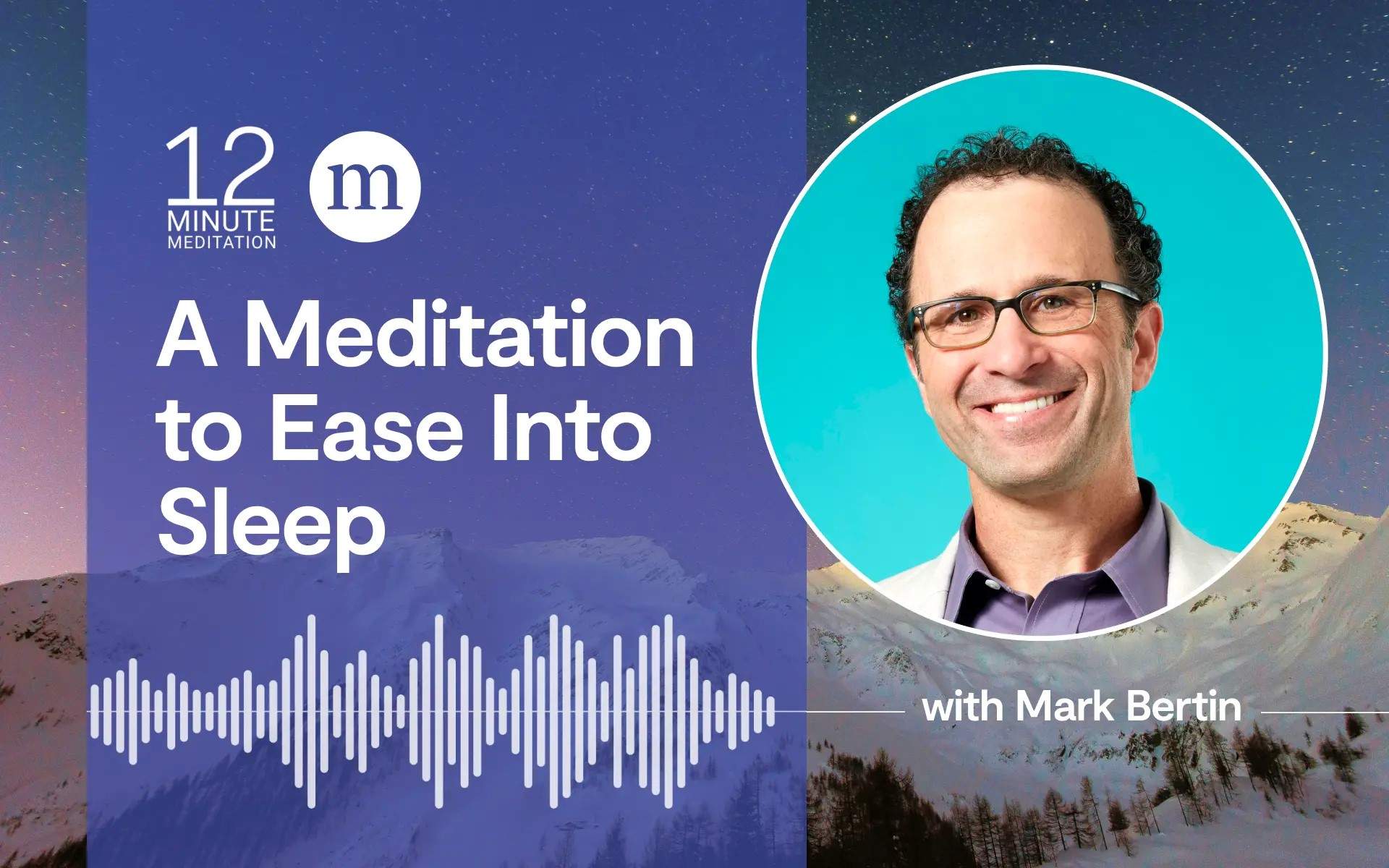The pattern goes something like this: You feel exhausted and unwell, so you open a search engine and type. Your symptoms are common enough that every condition seems possible, and you go down one rabbit hole after another in search of what’s wrong.
You easily dismiss certain possibilities, but your symptoms persist. With repeated searching, you might read “feeling tired” (yes), which “doesn’t get better with sleep” (yes again) and where you’re “craving salty snacks” (oh man, that’s me). And then you happen upon a term that covers all of the above: “adrenal fatigue.”
You feel a little hope, until you discover that “adrenal fatigue” isn’t a medical term yet. It is becoming more recognized by physicians, according to Rael Cahn, an assistant professor of psychiatry at University of Southern California who’s researched how yoga and meditation can affect the brain and cortisol levels. For now, the label is “still on the periphery,” says Cahn. That’s not to say that your adrenal health doesn’t affect your level of fatigue.
Keys to the Stress Response
The adrenal glands sit on top of the kidneys. When the amygdala in the brain perceives a threat, the adrenals release hormones: Adrenaline gets the heart pumping, and if the threatening situation continues, cortisol is secreted to mobilize energy to deal with the threat. At the end of the cycle, the cortisol feeds back into the brain to shut down the stress response and return to equilibrium.
Apart from our stress response, cortisol production rises and falls with a diurnal rhythm. It’s highest in the morning, to wake you up for the day ahead; by midnight it’s dwindling, letting you wind down. Stressors can cause cortisol production to spike up and down throughout the day, but overall, when all is functioning normally, it tapers off toward nighttime. However, when adrenal function is “off”—the adrenals aren’t responding properly to messages from the brain, or the brain is telling the adrenals to secrete the wrong amount of cortisol— “the system can get out of whack,” says Linda E. Carlson, professor of oncology at the University of Calgary. While stress-induced cortisol fluctuations by themselves don’t cause symptoms, if stress persists for weeks or months, it may cause cortisol-induced problems like insomnia, weight gain, and fatigue.
To complicate things, symptoms of your adrenals being “off” can overlap and also be nonspecific, says Irina Bancos, associate professor of medicine and adrenal endocrinologist at the Mayo Clinic. Trying to diagnose your own problem can lead to the conviction that your adrenals aren’t working properly. This may be true, says Bancos, but without a medical diagnosis, “adrenal fatigue” is a largely meaningless term.
Zeroing In on Adrenal Issues
One challenge is that there aren’t definitive tests for adrenal health, as there are with diabetes and blood sugar levels. And an underlying issue is that the adrenal glands are seen as all-or-nothing: They either work or they’re shut down.
Perhaps it would be more helpful to view adrenal health on a spectrum, like Type 2 diabetes (T2D), says Bancos. T2D impacts a gland (the pancreas) in which its capacity to make insulin becomes dysregulated and cannot meet the body’s needs, leaving excess glucose in the blood. Instead of “adrenal fatigue,” Carlson suggests a more accurate term is hypothalamic-pituitary-adrenal axis (HPA) dysregulation, which is more encompassing and includes issues with the neuroendocrine system, which handles stress. Here, adds Carlson, the problems leading to elevated or lowered stress hormones are not only due to adrenal malfunction, but also in the signals sent to the glands from the brain.
“When we take time to stop and listen to our inner experiences, we become more attuned to when our bodies are out of balance.”
Michael Mants, Integrative Psychiatrist at the University of Calgary
Bancos adds another condition, adrenal insufficiency, in which there’s a lack of cortisol production either day-to-day or in response to stress. She agrees that making a diagnoses can be complex. For example, if the problem is adrenal insufficiency, the treatment is straightforward (commonly hydrocortisone) and symptoms can go away quickly. But there’s also partial adrenal insufficiency, where people can have normal cortisol production for usual activities, but an abnormal response to stress, she says.
Bancos adds, “It takes time to untangle,” and many doctors don’t have that freedom. Symptoms could be related to more chronic issues like sleep apnea, fibromyalgia, anxiety, or depression. Uncovering the problem “requires a pretty open, intense approach from both parties,” she says.
Off Balance Due to Stress
These experts agree that stress can play a role, and mindfulness can ease stress naturally. Since cortisol is a stress- triggered hormone, how a person manages stress can affect whatever the condition is. Michael Mantz, a psychiatrist in Santa Barbara, California, says that a common result of adrenal issues is hyper- sensitivity to stimuli like light, sounds, even foods. More things are perceived as threats: “You become more reactive to life itself,” he says. Research shows that regular mindfulness practice can support the parasympathetic nervous system, as well as regulate the sympathetic nervous system, which reduces our threat sensitivity and grounds us through daily stress. “When we take time to stop and listen to our inner experiences,” says Mantz, “we become more attuned to when our bodies are out of balance, and can respond efficiently.”
6 Ways to Balance Your Nervous System
1. Breathe
One method is the ocean breath: “You partially close the back of the throat on your exhale, which gently lengthens its duration,” says Mantz. He offers two guides: Pretend you’re fogging up a mirror, or breathing like Darth Vader. Increasing the length of your exhale strengthens the parasympathetic nervous system and eases an overactive fight- or-flight response.
2. Be Present
Learning to see thoughts as just thoughts, and not threats, means you can step out of panic mode and your adrenals will be activated less frequently. Carlson says to envision a river with two options: You can be in the water, swept away with the thoughts, or you can be on the bank, simply watching the river flow by.
3. Scan Your Body
Start at your head and progressively move toward your feet, paying attention to the sensations in each area of the body. This is another way to strengthen the parasympathetic nervous system and keeps you grounded in your body, Mantz says.
4. Move
Physical exercise helps the brain shift out of stress mode and activates adrenal hormone production, Cahn says. But a moderate pace is best, since intensity can tax the glands. Keep monitoring your body’s response so you can adjust as needed.
5. Find Calm
Seated yoga postures and meditation help you deal with low-level stress and lessen reactivity, so that “the body is more poised to respond,” Cahn says. Research shows practicing yoga can help regulate the sympathetic nervous and HPA systems.
6. Sleep Well
Adrenal issues often sap our energy and sleep quality. You can reestablish your circadian rhythm by waking and going to bed at the same times every day. Aim to get 15-20 minutes of sunlight exposure within three hours of waking up: “The light is your body’s natural alarm clock,” Mantz says. And avoid bright lights for at least two hours before bed. “It’s like drinking coffee at 8 p.m.,” he says. “Your body is exhausted but your brain is still on and wired.”
READ MORE
How to Manage Stress with Mindfulness and Meditation
Mindfulness meditation can help interrupt the stress cycle to allow space to respond instead of react. Discover our best tips and practices to equip you with tools to navigate stress.
Read More
The Ultimate Guide to Mindfulness for Sleep
Sufficient sleep heals our bodies and minds, but for many reasons sleep doesn’t always come easily. Mindfulness practices and habits can help us fall asleep and stay asleep. Consult our guide to find tips for meditation, movement, and mindfulness practices to ease into sleep.
Read More
Getting Started with Mindful Movement
Riding a bike, lifting weights, sweating it out on a treadmill—each can be a mindfulness practice. Whatever the physical activity, instead of simply working out to master a skill or improve your condition, you can move and breathe in a way that shifts you from feeling busy and distracted to feeling strong and capable.
Read More











